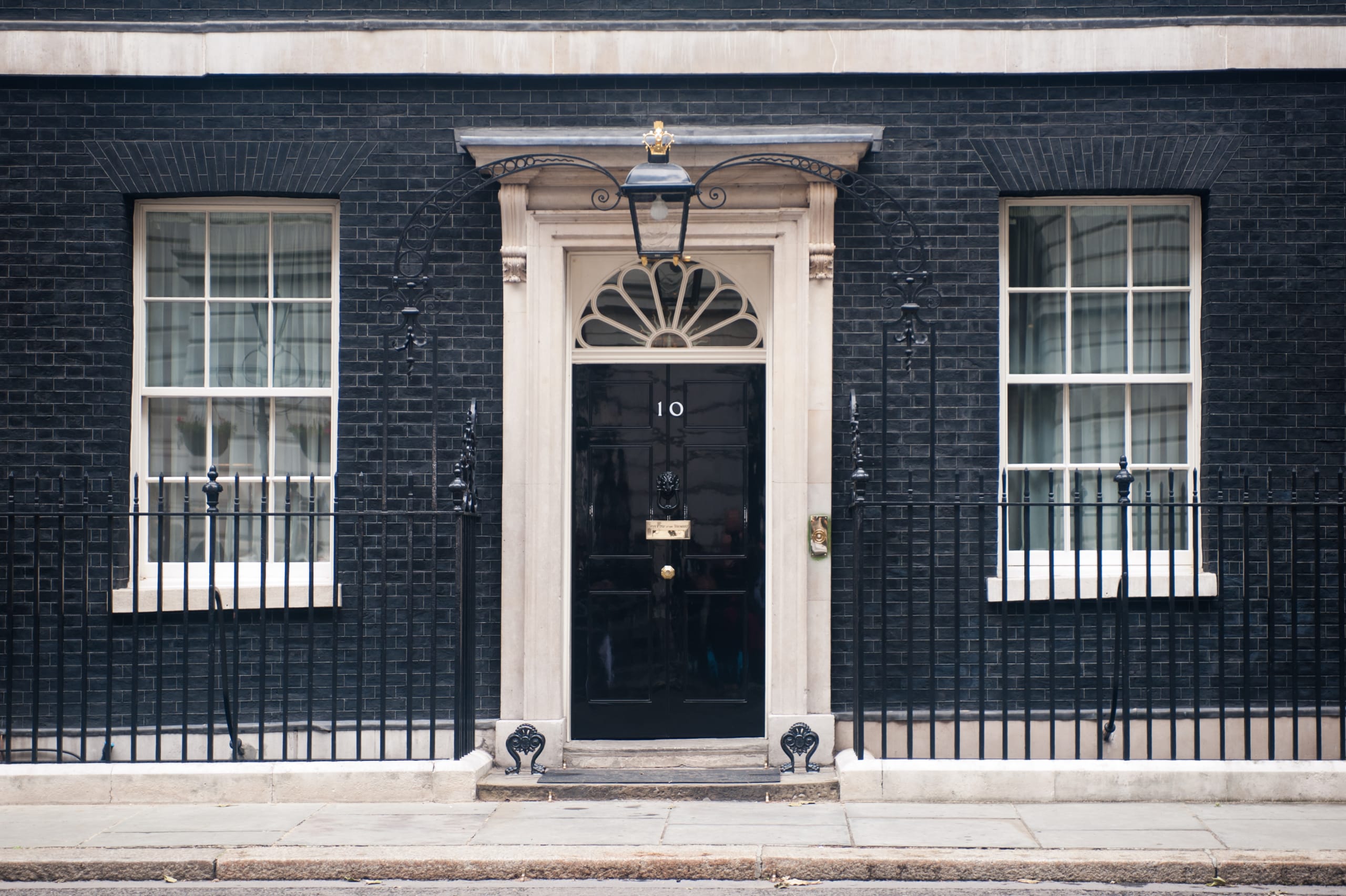The recent announcement by British Prime Minister Mr Sunak delays the UK’s banning of ICE vehicles from 2030 to 2035. This has been met with criticism from the UK’s automotive industry and has caused uncertainty for many OEMs, who have spent the last three years making production choices with 2030 date in mind.
Proof that grand announcements do not make policy
In 2020 the government announced its two-phase approach to banning all ICE vehicles. This included the banning of all new petrol and diesel cars and vans by 2030. Followed by a leeway for hybrids with all vehicles being fully zero emission at the tailpipe from 2035. Until recently the government had praised the UK’s EV sector, re-enforcing that it was not only world leading but were also aiding the economy through providing valuable jobs.
Mr Sunak’s announcement is a decisive change from that, delaying the ban on all ICE vehicles until 2035. This change brings the UK in line with the European Union, which has a de facto ICE ban in 2035 via its rulings on vehicle CO2 emissions.
Implications for the automotive sector
The announcement has left some in the automotive industry disappointed. Most leading OEMs had committed to go electric within the decade, with that, manufacturing choices had been made to reflect the objective. Lisa Brankin, Managing Director at Ford said ‘Our business needs three things from the UK government: ambition, commitment and consistency. A relaxation of 2030 would undermine all three.’
Moreover, this change is occurring just over 3 months before the automotive industry faces new regulations. These regulations mandate manufacturers to have 22% of all vehicle sales as zero emission starting in January 2024. Although 2023 year-to-date BEV sales account for 15% of total passenger car and light duty vehicles sales, suggesting this is likely achievable in any case. Business secretary, Kemi Badenoch, confirmed this mandate would remain in place, with a target of 80% ZEV sales by 2030. (Updated 22.09.23)
Other key take aways
Alongside the U turn, the ban on new fossil fuel boilers for certain households will be delayed while cash grants for boiler upgrade schemes will increase by 50% to £7,500 for those who want to transition now. In context, this gives the possibility of a free transition to low carbon heat pumps.
Secondly, Mr Sunak announced a new approach to energy grid connections. This will streamline the commencement of energy projects, allowing projects that are ready first to come online first. This overhaul is long overdue, grid connections is one of the biggest challenges facing renewable and battery storage developers in the UK, with current wait times of up to 14 years.
Rho’s evaluation
‘When the target was announced we were sceptical that it would be realised. We spoke to UK based motor vehicle manufacturers during that period, and they told us there had been minimal consultation with them, and that they were still having to work through the implications for them, and their consumers. There was also uncertainty about what vehicles were included especially around hybrids. As much as anything, what this speaks to is the need for realistic, clear and well-informed targets across all industries, with proper buy-in from all stakeholders.’
Adam Panayi, Managing Director at Rho Motion
More information
For more information on how our research can support you, get in touch.
Image credit: Adobe Stock

 Back to News
Back to News